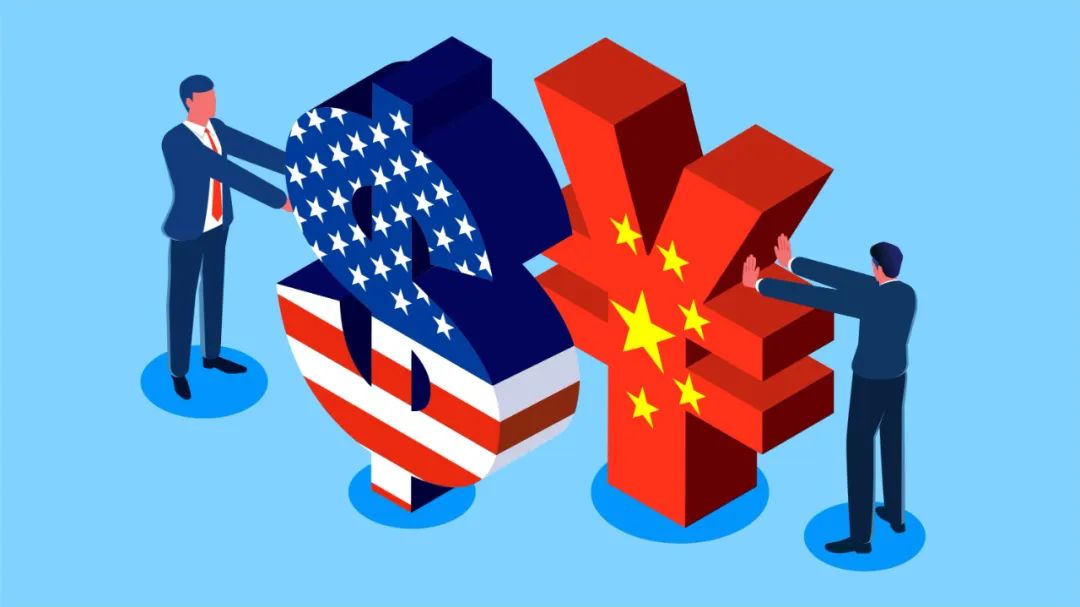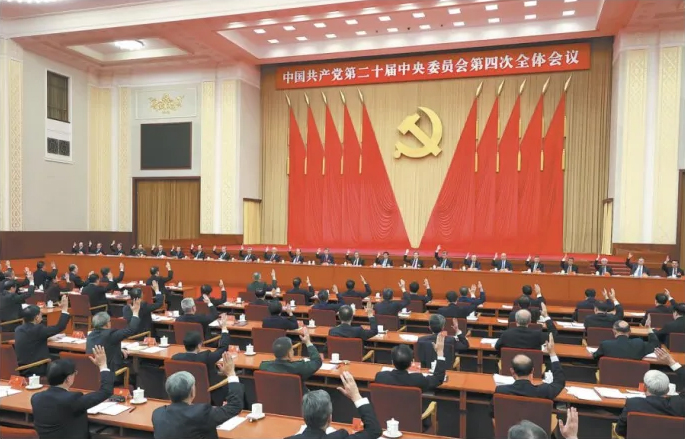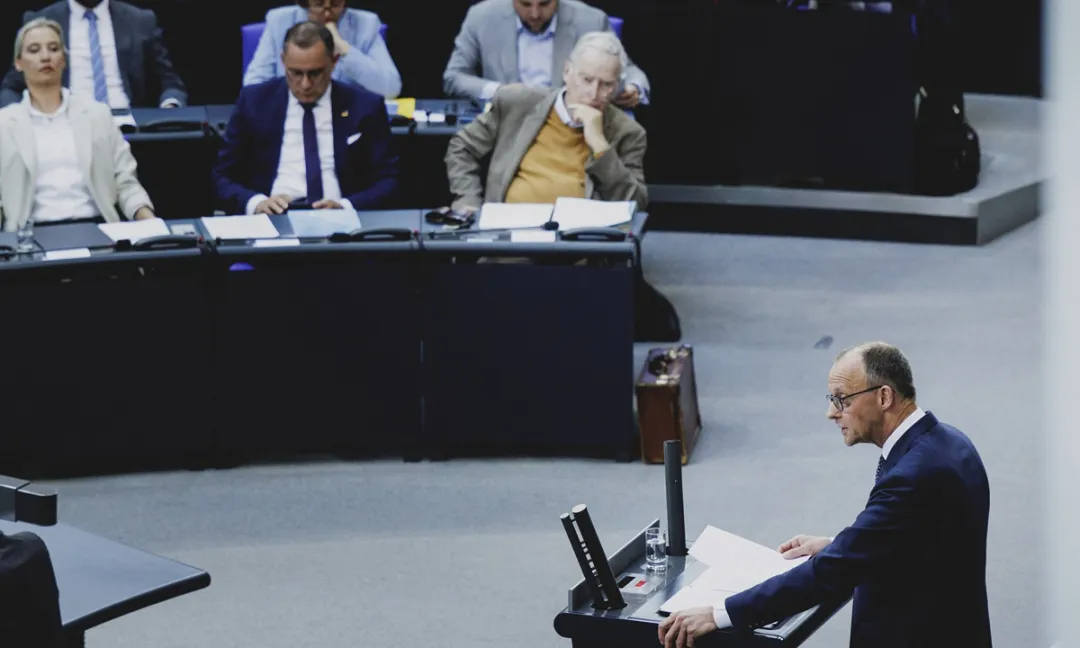
Exploring this topic has important implications for China’s global agenda. China views the UN as the most important stage for multilateral diplomacy, and an irreplaceable venue for international rules-making. Its contribution to the UN, in terms of funding and peacekeeping forces, has increased significantly in the past decade. Additionally, some important international initiatives proposed by China, such as the Belt and Road Initiative, have also received strong support from the United Nations.
The future of the international order will be affected by the outcome of the conflict. If the legitimacy and effectiveness of the United Nations are jeopardised in the crisis, no matter which side prevails, the international community will face greater dangers and challenges in the long run.
In this crisis, the first issue of concern is the functioning of the Security Council. The five permanent members are clearly divided in their positions, especially the United States. While the US insists on not directly engaging in war, it has become deeply involved and deployed almost every method to fuel the conflict, including providing massive military assistance to Ukraine. It is not surprising that the UN Security Council failed to adopt a resolution on February 26 concerning Russia’s military operation, and failed again on March 23 on the humanitarian situation in Ukraine.
The fact that the Security Council failed to make legally binding decisions has left many UN experts frustrated. Some suggested, even before the crisis broke out, that Article 27(3) of the UN Charter should be cited to oblige Russia to abstain in any decision on Ukraine. Some go further and suggest the veto power should be abolished altogether and all Security Council resolutions can be made by a two-thirds majority of its members or by two-thirds of the world’s population.
The argument that the existence of the veto power hinders the Security Council’s role in crises ignores the important fact that the Security Council enjoys a central role in international security precisely because the world’s major powers, which were forged in the Second World War, collectively provide it with political commitments and resources. Forcing a great power to implement a decision it opposes will only turn it away, thereby undermining the Security Council itself. In fact, the United States and Britain didn’t give up their veto power over Iraq, and neither did France when it sent troops to Mali. Simply speaking, a Security Council, which excludes Russia, or any other permanent member, will no longer be a true Security Council.
So, if the UN Security Council is to play an active role, the only realistic and feasible way is to restore the principle of consultation and consensus. The United States and its alliance’s sanctions against Russia, as well as their threat of “consequences” for China if it does not join forces with them, can only create bigger division and shake the cornerstone the council was built on. A constructive approach would be to find a common ground among all members. China’s communication with all parties, especially with Russia, gives it advantages as a bridge in the Security Council.
There is a silver lining in the dark clouds hanging over the Council. On March 25, the Council voted unanimously to pass a resolution on nuclear non-proliferation in North Korea. This shows that the permanent members are still able to cooperate on major international concerns. On Ukraine, the Security Council should maintain the spirit of cooperation.
Second, it is evident to China that the United Nations remains the main forum for all countries, especially non-Western countries, to express their views and attitudes. In this crisis, a black-and-white narrative cannot be accepted by a lot of countries. In fact, China, India, Vietnam and other countries have strongly advocated for the imperative use of de-escalation and negotiation to resolve the crisis. China has furthermore introduced six propositions in its final resolution.
However, it is hard to have them heard. Western media, which ostensibly advertise freedom of speech, have been unwilling to provide platforms for China to speak. On March 20th, China’s ambassador to the United States, Qing Gang, was interrupted 23 times during a 9-minute interview with CBS’s “Face the Nation” programme, when explaining China’s position on the conflict. From this interview, it can be seen that the US media has a strong, preset position and is hostile to any different opinions.
The United Nations has enabled China to fully express its views and call for a rational and proper handling of the crisis. China has made explanatory statements after voting in the Security Council and the UN General Assembly, not only on the Ukraine issue, but also on the aforementioned North Korean nuclear issue. These statements have elaborated China’s positions and suggestions for the UN.
China has made a very important point in these statements: that international community should develop a consistent matter for addressing sovereignty and the way international relations are handled. After the UN General Assembly’s decision on Ukraine’s humanitarian crisis, Zhang Jun, the Chinese representative to the UN, emphasized that respect for the sovereignty, independence and territorial integrity of all countries is a basic principle in international relations. It is applicable to all countries and all situations, and there should be no exception, let alone a double standard.
Impartiality and non-discrimination have always been the fundamentals for successful mediation. They are also at the heart of the collective security mechanism of the United Nations. It is natural to sympathize with the seemingly weaker side in a conflict. But the interests of Ukraine’s people cannot be served if Russia’s legitimate aspirations for security are ignored and Ukraine is left with a disgruntled neighbour with nuclear weapons on hand. Striving for a mutually satisfactory and sustainable peace arrangement thus is the correct goal of UN diplomacy. In addition, by rebuking the double-standard approach to sovereignty, China is urging the West to reflect on its own behaviour in international relations. It also points out a simple fact: that if the so called “rule-based order” is a selective use of rule to the West’s own advantages, condemning violence while using it, claiming sovereignty while undermining others’ sovereignty, it is in fact an order of power politics and an order that the UN is strongly opposed to.
Last but not least, China should support the UN to tackle various challenges brought about by the Ukraine crisis. More importantly, working with international partners, China should add new ideas and instruments to the toolbox of peace. The interdependence of the global economy and the positions of Russia and Ukraine in the global supply chain determine that this conflict, despite occurring in Europe, has a global impact.
To date, the UN Secretary General, and agencies like the UNHCR, WFP, WHO and IAEA have kept drawing the international community’s attention to the desperate consequences of the ongoing violence. China has shared these concerns, and supports the United Nations in playing a major role in resolving the humanitarian crisis in Ukraine. Moreover, it pointed out that the crisis must be handled in a responsible way, and must not deal additional damage to the international community and billions of people whose livelihoods have already been severely affected by the pandemic.
Since the start of the crisis, the West has relied upon two tools exclusively: condemnation and sanctions. This is not accidental. Although IR scholars in the United States have conducted abundant research into the causes of conflicts and wars, their knowledge on peace-making, especially among countries with different values and political systems, is limited. By contrast, China’s international relations studies, as well as its diplomatic practices, are mainly focused on the pursuit of peace. China has built a global network of partnerships, based on the idea that mutual interests can be best achieved through good relations. China’s concept of “community with a shared future for mankind” is also a concept of peace and harmony, which if used to create programmes and policy tools, will make a huge contribution to the work of the United Nations.
To sum up, the United Nations has once again demonstrated its indispensable role, both in the resolution of the Ukrainian crisis and in China’s diplomacy. The biggest challenge is that some countries use the United Nations as a platform for pressure rather than a platform for consultation. These practices are not only detrimental to the resolution of the crisis; they also undermine the United Nations itself. China’s diplomacy can contribute in three ways, facilitating consultations in the Security Council, reaffirming the universal application of the principle of sovereignty, and proposing tools and solutions for peace.











